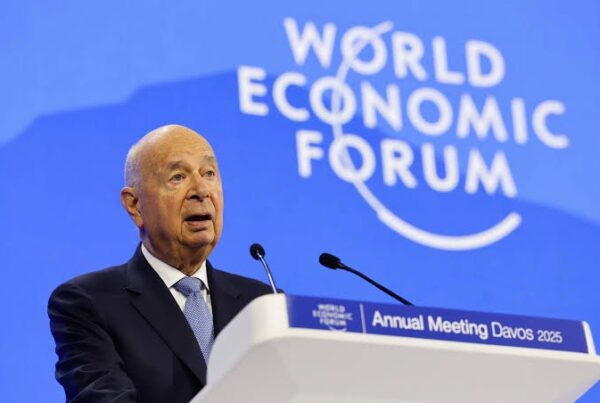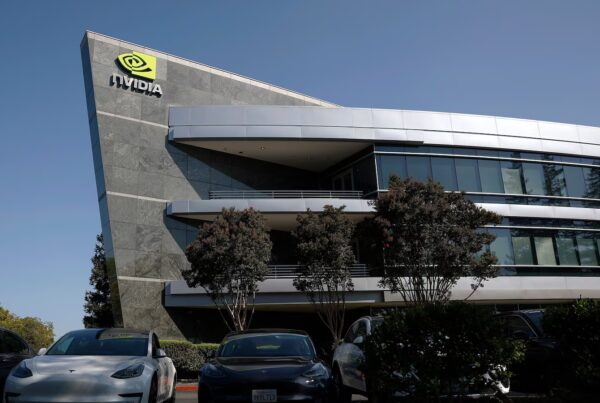U.S. President Donald Trump has launched a public attack on Goldman Sachs CEO David Solomon—also known as DJ D-Sol—over the bank’s analysis of his trade tariff policy. In a Truth Social post on August 12, 2025, Trump rejected Goldman Sachs’ report claiming that U.S. consumers bear a significant share of import tariff costs. The criticism has ignited a public debate, highlighting stark differences between government policy and the assessments of global financial institutions.
Goldman Sachs Report and Trump’s Response
Goldman Sachs, through its Chief Economist Jan Hatzius, reported that as of June 2025, American consumers bore around 22% of tariff costs, with the potential to rise to 67% if historical trends continued. The analysis was based on import price patterns suggesting that tariff burdens were being passed from importers to end consumers.
Trump disputed these findings, arguing that tariffs are paid by foreign companies and governments, not the American public. He emphasized that tariffs have boosted national revenue, strengthened the stock market, and have not triggered significant inflation. Trump claimed tariff revenues reached USD 64 billion in Q2 2025, with a full-year projection of USD 300 billion. He framed this as proof of the success of his trade strategy, a hallmark of his economic agenda since his first term.
Personal Jabs and Public Reaction
In his statement, Trump delivered a pointed jab:
“I think David should get himself a new economist, or maybe he ought to just focus on being a DJ, and not bother running a major financial institution.”
The comment quickly went viral, seen as a personal escalation in the trade policy dispute. Media outlets noted that this fits Trump’s pattern of targeting major corporate leaders who criticize his policies, including past clashes with Intel and Apple executives.
Stock Market Impact
Despite the heated exchange, Goldman Sachs’ shares rose about 4% following Trump’s comments. The rally was fueled by investor optimism over potential Federal Reserve interest rate cuts and stable inflation data. This suggests that market sentiment is more influenced by monetary policy outlooks than by political rhetoric.
Nevertheless, the divergence in views remains a focal point for investors, as it could influence global trade strategy. Other financial institutions have begun reassessing their assumptions about the impact of tariffs on inflation and consumer spending.
Implications for Trade Policy
The clash between President Trump and Goldman Sachs comes amid an increasingly complex global trade landscape. U.S. tariffs affect not only relations with China but also with other major trading partners. Goldman Sachs has warned that prolonged tariff pressures could slow global growth and prompt the Fed to take more aggressive rate-cutting measures.
Trump, on the other hand, sees tariffs as an effective negotiation tool for securing more favorable trade deals for the United States. He insists the policy is part of a broader strategy to strengthen domestic industries and reduce reliance on imports.
The war of words between President Donald Trump and Goldman Sachs CEO David Solomon underscores the tension between political decision-making and data-driven economic analysis. For the public and market players, this debate reveals how tariff policy can shape both domestic economic performance and the trajectory of global trade in the years ahead.






